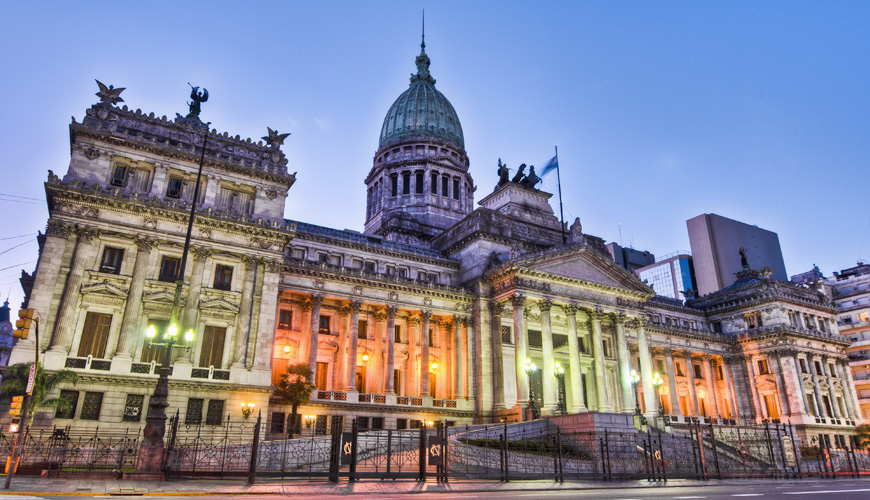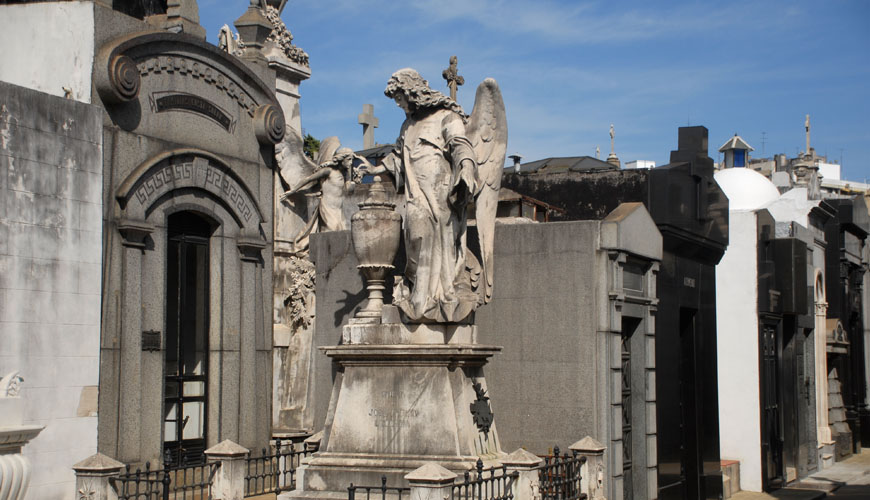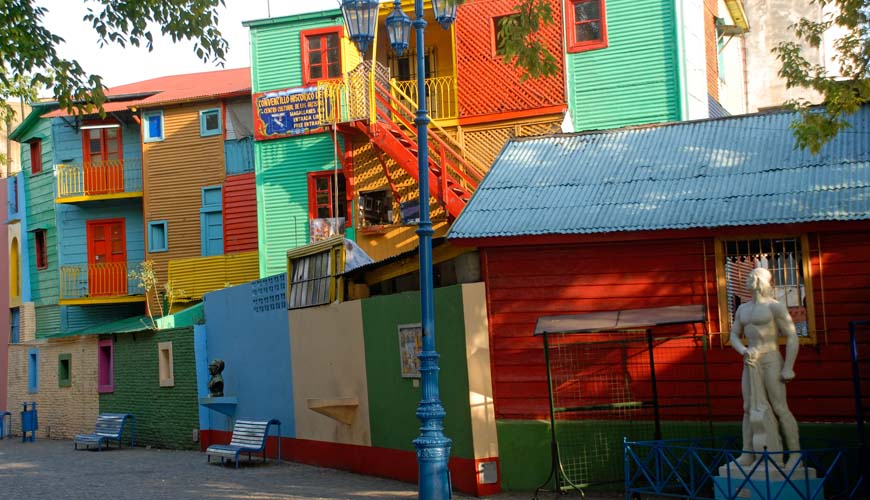At the moment, Argentina is great value for money due to recent sharp decline in the value of the peso. It is a seductive, diverse and vast country full of contrasts. From the icy end-of-the-earth Ushuaian wilderness to the European influence of the capital. The indigenous north in the Andean foothills, to gaucho estancias and the fast-developing viticulture, there’s a lot to sink your teeth into. Take advantage of how far you can make your money go in Argentina and undertake an all-encompassing adventure.
We’re publishing a mini-series on all things Argentina, starting out with its capital city – the one and only Buenos Aires. So what’s so special about it?
Buenos Aires
No city will tug on your heart strings more than Buenos Aires. It’s a place where romance and dance halls still reign. As some of it’s most famous exports might suggest, it’s also a mecca for football and foodie fanatics. Not only that, it’s a shoppers paradise, home to a vibrant art and fashion scene. When you first arrive though, the thing that’ll impress you the most is the architecture.

Architecture
Many of the most important buildings in the city were built during the capital’s golden age. At the turn of the last century, Argentina was one of the ten most powerful global economies. Whilst that might be hard to imagine in today’s world, as soon as you set foot in Buenos Aires you will understand, it’s epic. Argentina welcomed thousands of immigrants from Europe, offering a Latin version of the American dream. It became a magnet, so much so, that in the year 1914 half of the population was foreign-born. When the country’s economy was booming, the city’s wealthy elite started making their mark on the urban landscape. The scale of the city’s buildings testify the scope of their ambitions. You will be amazed by the opulence and grandeur of the city’s most famous landmarks, exquisite in detail. Explore as much of it as you can by foot and you will be surprised at what you unearth along the way, even in the low-key districts.
Start along Avenida Mayo, go past the National Congress and Teatro Colón, then get lost in the labyrinth of Recoleta Cemetery. The real charm of the city’s architecture though, is its faded edges with each district offering its own distinct translation of faded grandeur. Each corner you turn in the city presents another crumbling gem, some plastered in graffiti. Nowhere manages to marry old and new quite as well, in all the history, the city’s modern voice is never far away. One of the oldest and most characterful districts is San Telmo. It’s dilapidated colonial houses and bohemian atmosphere make a great day out once you’ve been to the Evita Museum and eaten all the steak, pizza and empanadas you can manage.

Milongas and Tango
Tango in Buenos Aires isn’t a tourist cliché, the dance is deeply woven into the fabric of the city. It has unusual origins, in fact owing its existence to choreographed fighting that men developed whilst waiting outside brothels! Overtime this choreographed sparring became the sexy dance it is today. Hard to imagine, right? Trivia aside, don’t miss out on going to a show. Some of the best known places in town are Escina Carlos Gardel and Café de los Angelitos but there are many other options. And if you want to give it a go yourself, try your moves out at a Milonga or take a class. The city is full of dance enthusiasts and teachers happy to introduce visitors to their national dance. If you get bored of dancing, or trying to, the night-life in Buenos Aires is fantastic and an night-long affair, even on week nights. You’ll find that you’re spoilt for choice.
Boca
Ramshackle Boca and its colourful corrugated buildings is unmissable. It’s best to join a walking tour because you’ll gain more insight into the quarter’s history and get the best recommendations on where to eat if you decide to stay for lunch. If you do head there without a group or a guide, it’s advisable you don’t stray off Caminito. The district is among the poorest in the city and therefore not safe. Another good reason for joining a walking tour is the included visit to the Boca Juniors Stadium. The Boca Juniors Club is the country’s most successful team. Many of Argentina’s most famous international footballers have represented the club. Even if you are not usually a fan of football, the sport is part of the Argentine identity and the football fever on the streets that approach this famous stadium is palpable with houses surrounding the stadium sporting the team colours.

Shopping
Buenos Aires is a fashion-forward capital with a burgeoning fashion set. It is arguably one of the best places in the world to purchase high quality leather goods. If you want to shop local and international brands with price ranges to suit all budgets, Galerías Pacífico will cater to all your retail needs. It’s a huge shopping mall complete with a food hall and cinema. Just make sure that you have enough space in your suitcase to take home your spoils. For a more relaxed shopping experience, head to San Telmo for its artisan offerings and antiques. Fashionistas will enjoy Palermo where the city’s style elite will be sporting cutting edge trends. This is also where many of the Buenos Aires designers are based.
Why not join one of our group tours to Argentina and go and see Buenos Aires for yourself?
Stay tuned for our next installment!

